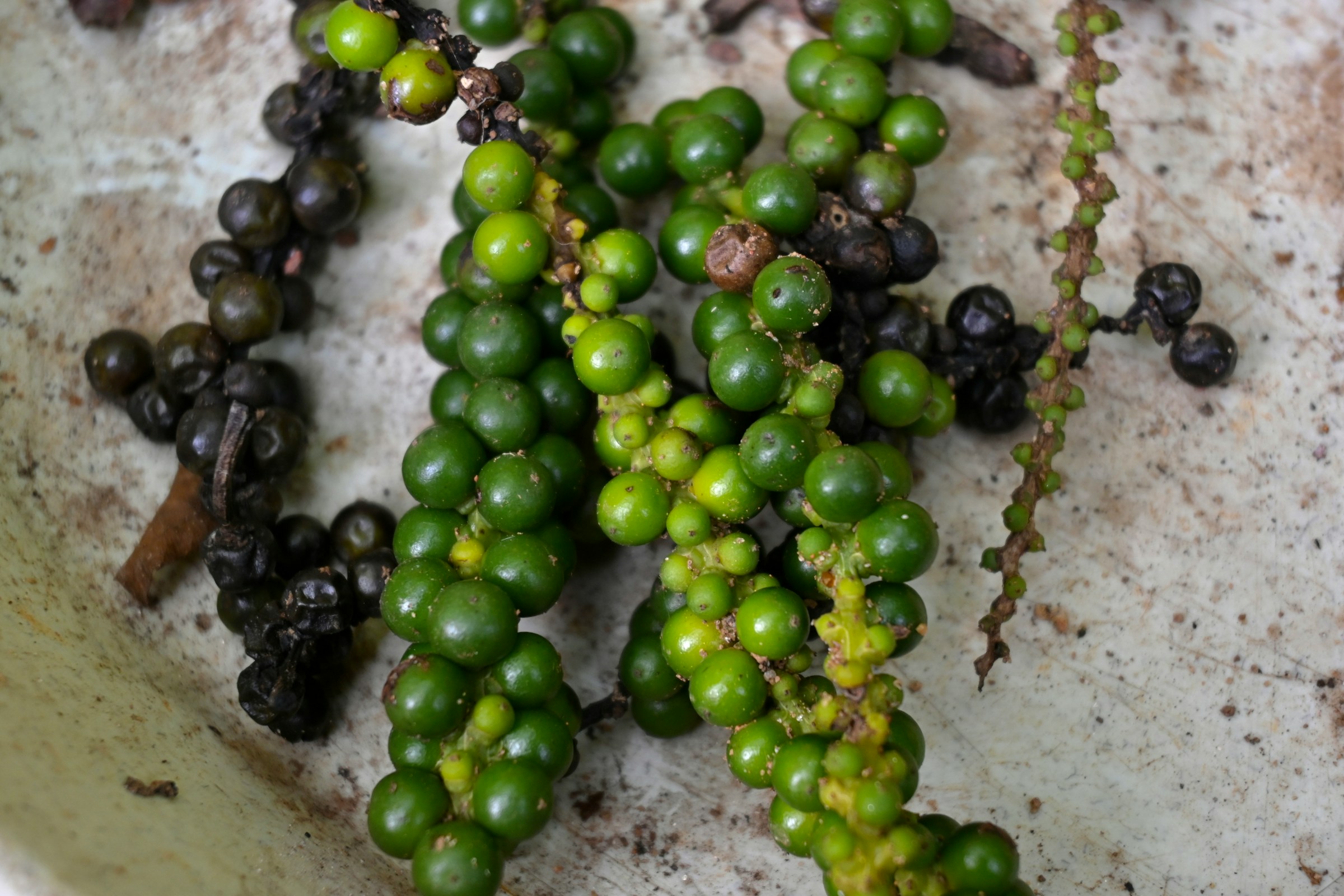The Future of Coffee: Climate-Resilient Varieties Identified by CCRI

As climate change continues to have an impact on agricultural operations around the world, coffee growers face unprecedented problems in sustaining crop health and productivity. In response to these constraints, researchers at the Central Coffee Research Institute's (CCRI) Centre for Excellence in Kodagu, Karnataka, have found four wild coffee varietals that have the potential to be climate resilient. These varieties—Coffea stenophylla, Coffea racemosa, Coffea liberica, and Coffea excelsa—are currently receiving attention as viable replacements to traditional coffee harvests that are faltering in the face of rising global temperatures.
One of the outstanding types is Coffea stenophylla, which has been discovered to taste quite similar to the popular Coffea arabica. This similarity has piqued the interest of coffee fans and producers alike, as it could indicate the development of a new, climate-resilient coffee that could smoothly replace or complement existing types. According to Jeena Devasia, Divisional Head of Plant Breeding and Genetics at CCRI, these wild cultivars have proven to be extremely resistant to heat and other environmental challenges due to their deep-rooted strength and natural adaption.
However, introducing these novel types to the market may provide some obstacles. Coffee tasters and dealers warn that consumers who have long preferred the well-known Arabica and Robusta coffees may take some time to adapt to these new flavours. Some wild types are recognized for their sweetness, low acidity, and even fruity undertones, which contrast markedly with the more bitter profiles of regular coffee.
Despite these potential challenges, there is currently global interest in climate-resilient coffee types. Companies such as the South India Coffee Company export Coffea excelsa to markets in the United States, United Kingdom, and Europe, where it is consumed both single-origin and blended. As global coffee cultivation areas expand, the introduction of these resilient types could provide a long-term answer for coffee farming.
To summarize, while the introduction of these wild coffee kinds into the mainstream market would necessitate careful blending to match consumer preferences, their resilience to climate change represents a hopeful path forward for coffee growers. With Karnataka currently producing a significant amount of Arabica and Robusta, these new types could soon play an important part in the state's coffee economy, providing a sustainable and delicious alternative to traditional coffee crops.


.jpeg)















